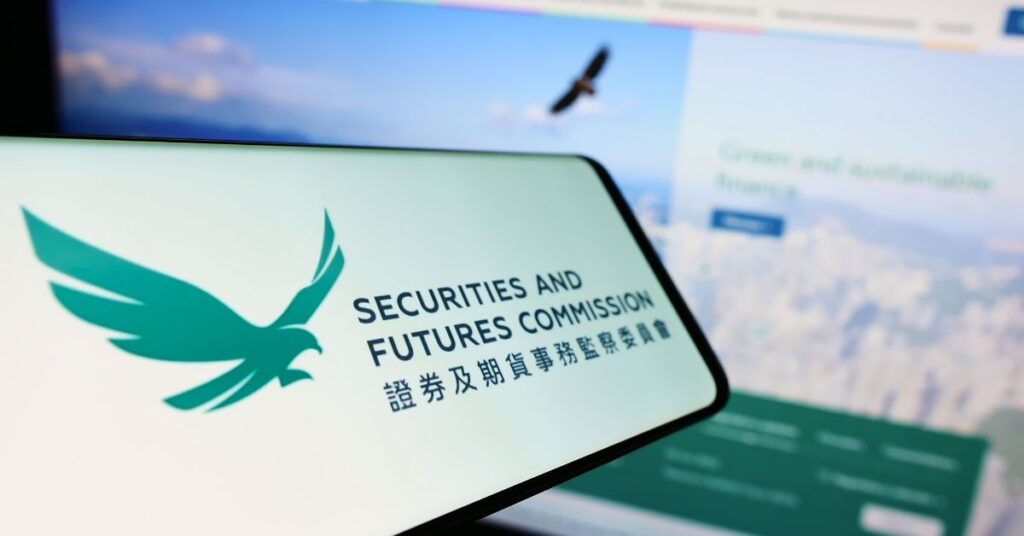High net worth individuals (HNWI) from Asian countries are increasingly interested in cryptocurrency investing. According to Campden Research, 53% of families in Asia-Pacific hailed cryptocurrency as a “promising investment”, leading the pack compared to North America (43%) and Europe (33%).
Meanwhile, governments in the region have accelerated the legislative supervision of this new type of virtual asset. In July 2022, the Hong Kong government passed the first and second readings of the Anti-Money Laundering and Counter-Terrorist Financing (Amendment) Bill 2022 to legislate for the licensing of cryptocurrencies and the regulation of virtual assets.
Many investors are concerned that buying and selling cryptocurrencies in Hong Kong may become illegal, followed by being forbidden in Mainland China. So how exactly will the new Bill impact the retail investors?
Why is Hong Kong Introducing the New Bill?
The Bill aims to establish a licensing system for virtual asset service providers, require the industry to fulfil its statutory responsibilities in combating money laundering and terrorist financing, and gradually standardize the cryptocurrency exchange industry in Hong Kong.
The draft provisions specify that all companies operating “virtual asset exchanges” must first obtain a license if they “directly or indirectly possess” customers’ money or “virtual assets” in the course of their business. The virtual assets mentioned include Bitcoin (BTC), Ethereum (ETH), and stablecoins such as Tether (USDT), etc., as well as governance tokens (governance tokens) with voting rights.
If the legislation passes the third reading, it will take effect on 1st March, 2023, with a 12-month grace period. Afterwards, exchanges and platforms that trade these virtual currencies must hold relevant licenses before providing services in Hong Kong.

Can HNWIs still Buy and Sell Cryptocurrencies in Hong Kong?
As the provisions state, the new regulation targets enterprises instead of individuals investing in cryptocurrencies. It is expected that even after the regulations take effect, it will not be illegal for retail investors to buy, sell or hold cryptocurrency.
Crypto investment institutions will encounter more trouble. The Securities and Futures Commission (SFC) of Hong Kong has only issued virtual assets-related licences to two crypto exchanges, namely “OSL Digital Securities” and “HashKey Brokerage Services”. The two exchanges’ serving target is now limited to professional investors to comply with the restriction. Other major trading platforms widely known to retail investors, such as Binance and FTX, are not owning any related licenses in Hong Kong and may face legal risks when the Bill takes effect.
As for some over-the-counter (OTC) exchanges, since the services provided do not involve custody of client assets, they should not be regulated by the licensing regime. In addition, most Non-fungible tokens (NFTs), another popular virtual asset among local HNWIs, are not within the scope of regulation as most NFTs are not governance tokens and do not contain payment features. Trading activities of NFTs are expected not to be affected.
More Implications of the Bill
As the new rule does not directly prohibit cryptocurrency trading and investment, investors should be able to continue buying and owning crypto assets without breaking the law.
However, crypto exchanges may choose to close their offices in Hong Kong or abandon the Hong Kong market due to factors such as being unfit to obtain licenses or evading supervision. Whether crypto investors in Hong Kong can continue to use these trading platforms in the future will depend on how the exchanges deal with the new regulations and the regulator’s decisions on issuing licenses.
In the long run, as the Hong Kong government’s requirements for operating cryptocurrency exchanges in the city are becoming more complicated, the willingness of international crypto exchanges to expand the Hong Kong market may decline.
Hong Kong investors may have fewer trading platform choices to buy and sell cryptocurrency. At the same time, KYC procedures for account opening, transaction processes, and cash in and cash out could become less convenient due to the tighter regulations.
There are still months before the new Bill officially becomes effective. Interpretation of the regulations and the implementation details after the legislation may have some rooms to change. Crypto investors in the city should stick with the official announcement and prepare for a more stringent crypto investment climate.




